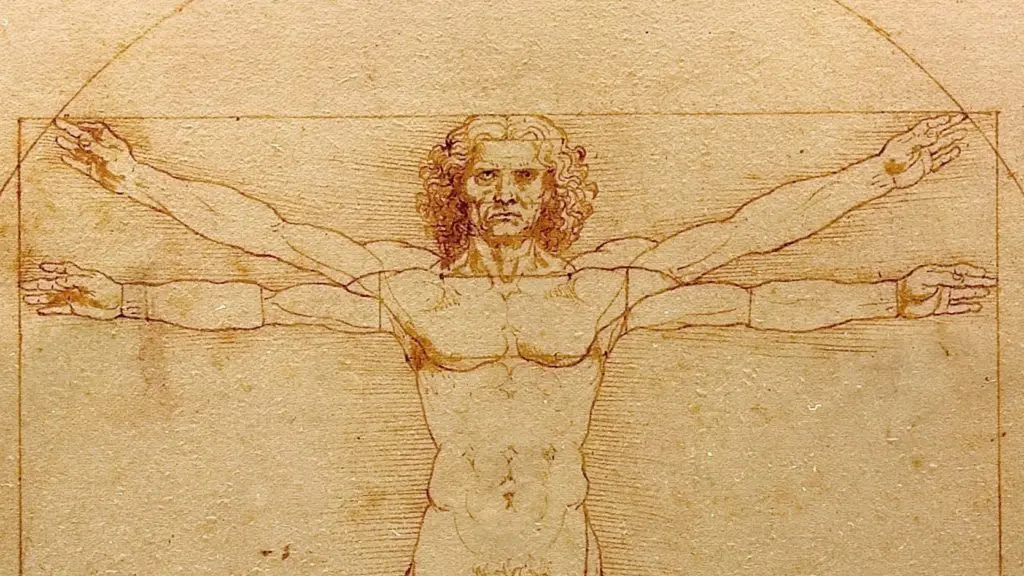
Does Good Taste Exist? Ask David Hume
While distinguishing between good and bad taste undoubtedly smells like an elitist activity, the conditions that Hume attaches to it do not, at first glance, seem to be.

While distinguishing between good and bad taste undoubtedly smells like an elitist activity, the conditions that Hume attaches to it do not, at first glance, seem to be.
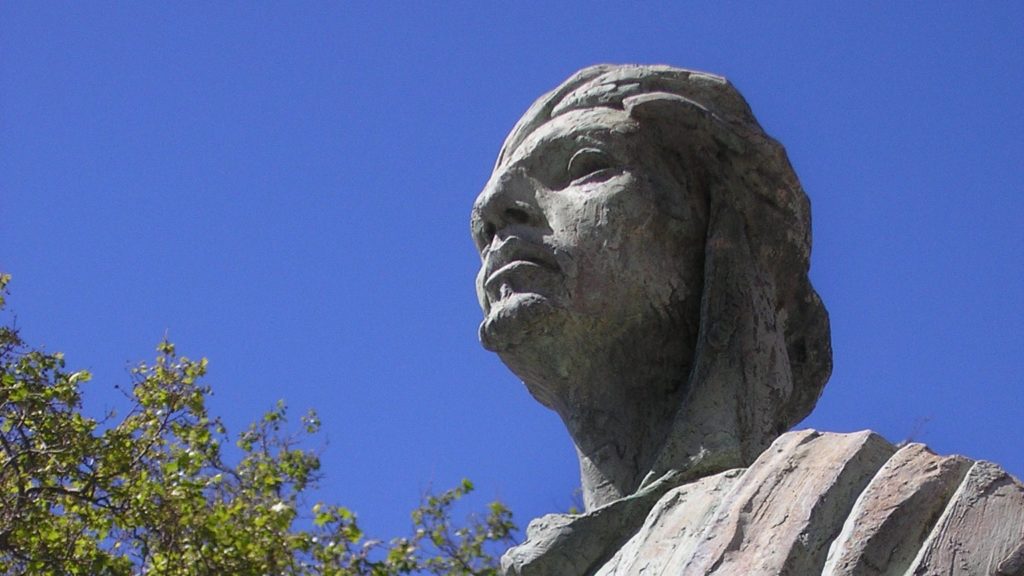
Beneath the tales of Almanzor’s campaigns is an intriguing subtext which seems to subvert preconceived modern Muslim and Christian notions of what medieval warfare between the two great religions was actually like in Al-Andalus.
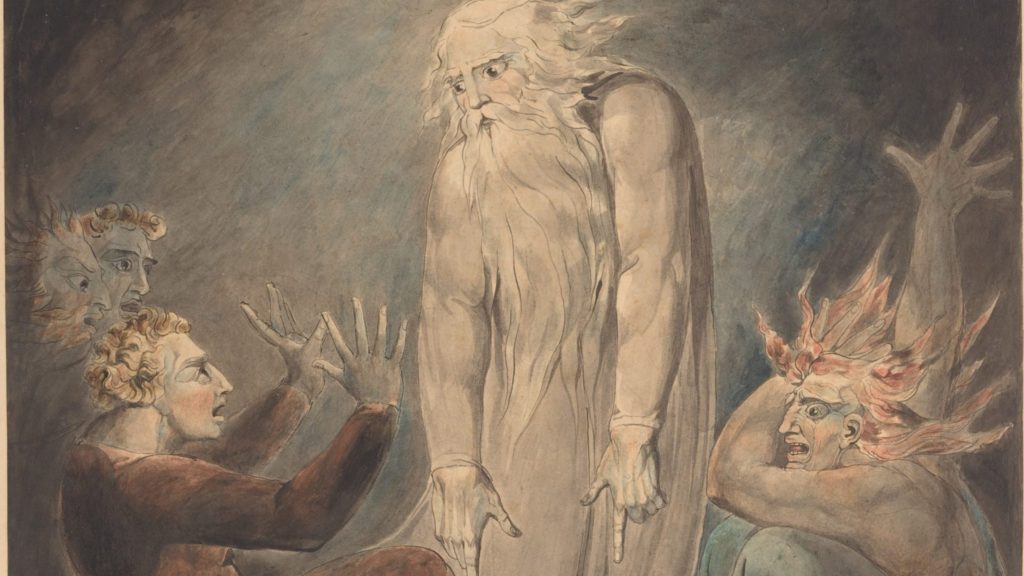
The Bible recommends that kings be anointed after the conquest of their realm. Institutions are not to be founded in the throes of a crisis, which would result in their legitimising themselves through that crisis and so perpetuating it.
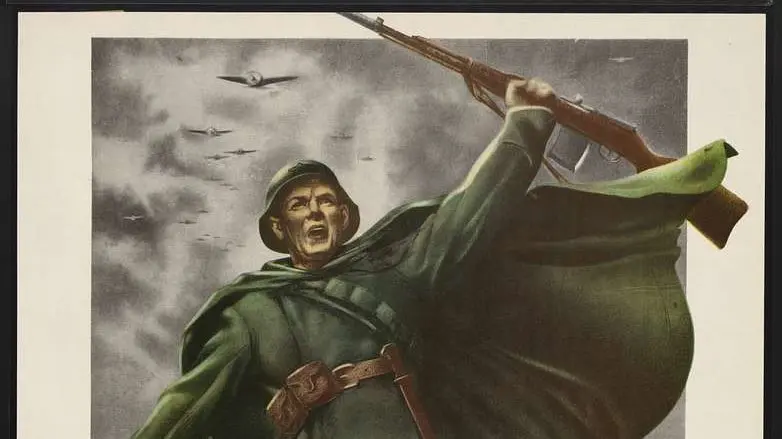
President Vladimir Putin has vowed to “de-Nazify” Ukraine. To understand the Kremlin’s propaganda, we must go back to the Second World War and even earlier.
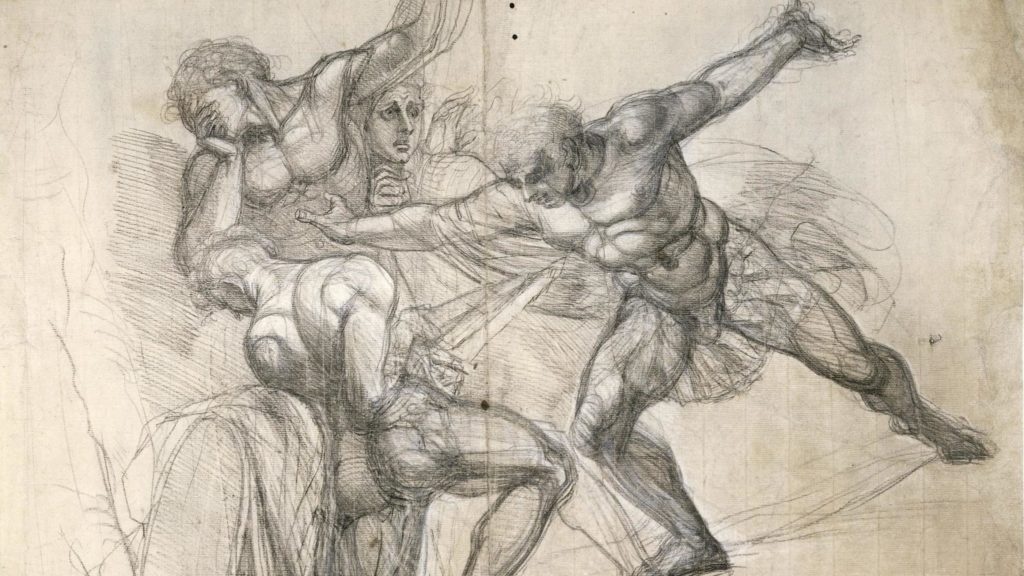
The final in a three-part series exploring Shakespeare’s engagement with pagan/Roman morality in Julius Caesar, this essay looks at suicide in the play.
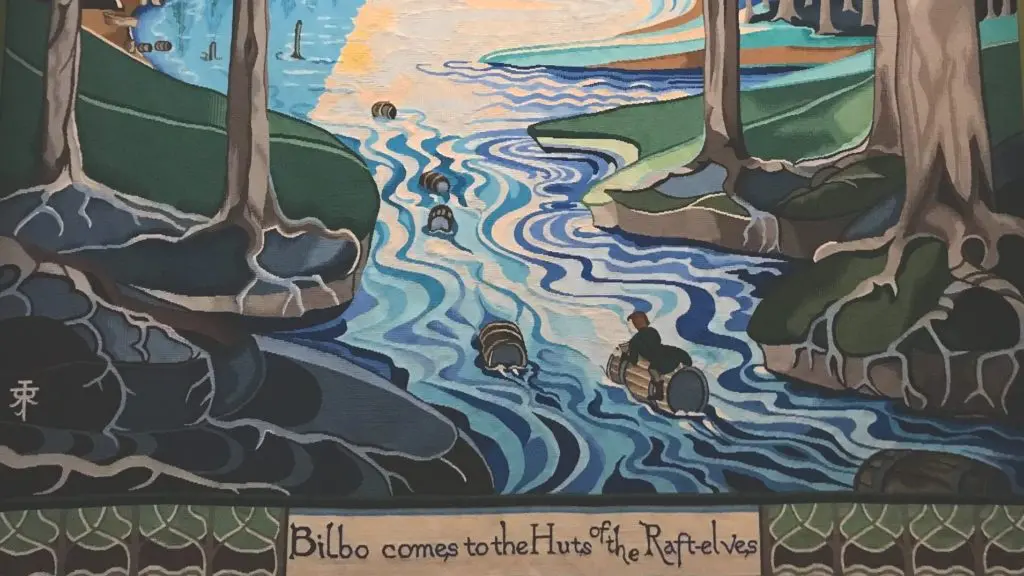
When I first heard Elendil’s line in the third teaser trailer, “The past is dead, we either move forward or die with it,” I became fixated with the whole carnival surrounding Amazon’s billion dollar creative venture—how could it be that J.R.R. Tolkien, a Tridentine-Mass-loving skeptic of modernity was providing the aesthetic and imaginative fuel of woke intersectionalists and activist ideologues in Hollywood?

“As president of Colombia I request that the sword of Bolivar be brought out,” declared Petro. Attendees stood. The king of Spain remained seated.
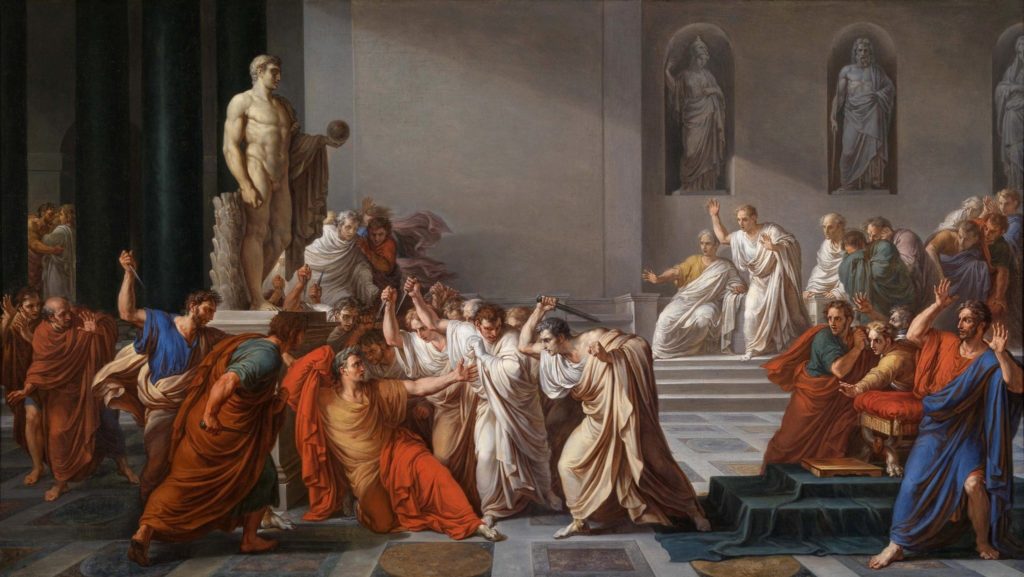
The second in a three-part series exploring Shakespeare’s engagement with pagan/Roman morality in Julius Caesar, this essay looks at the ethics of regicide.
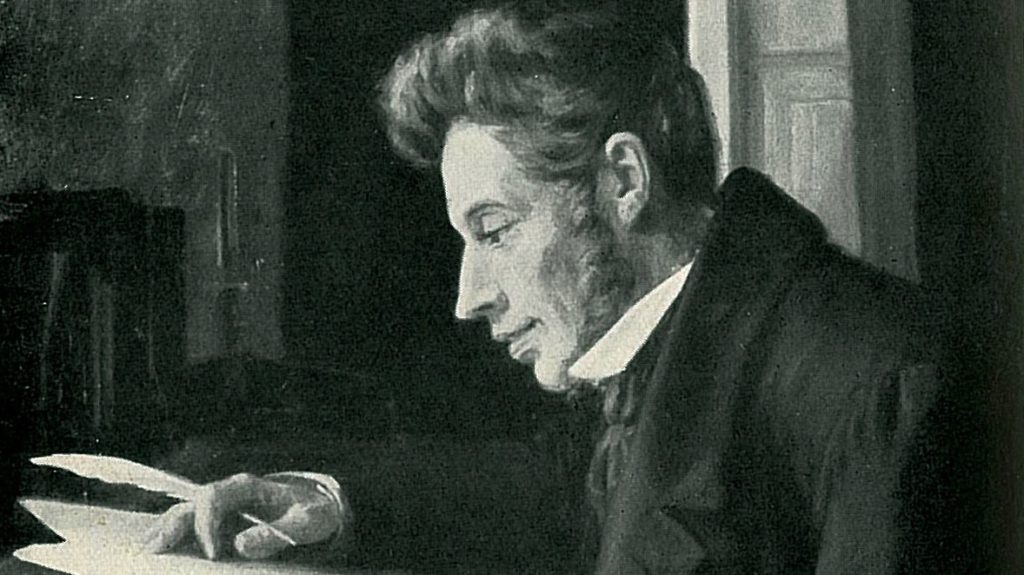
Kierkegaard is hardly known for his political thought but he was a keen observer of his age, including the political revolutions and ideologies of his time.

The rise of videos celebrating and glamourizing mental illness is one of the alarming consequences of our ‘post-truth’ culture.
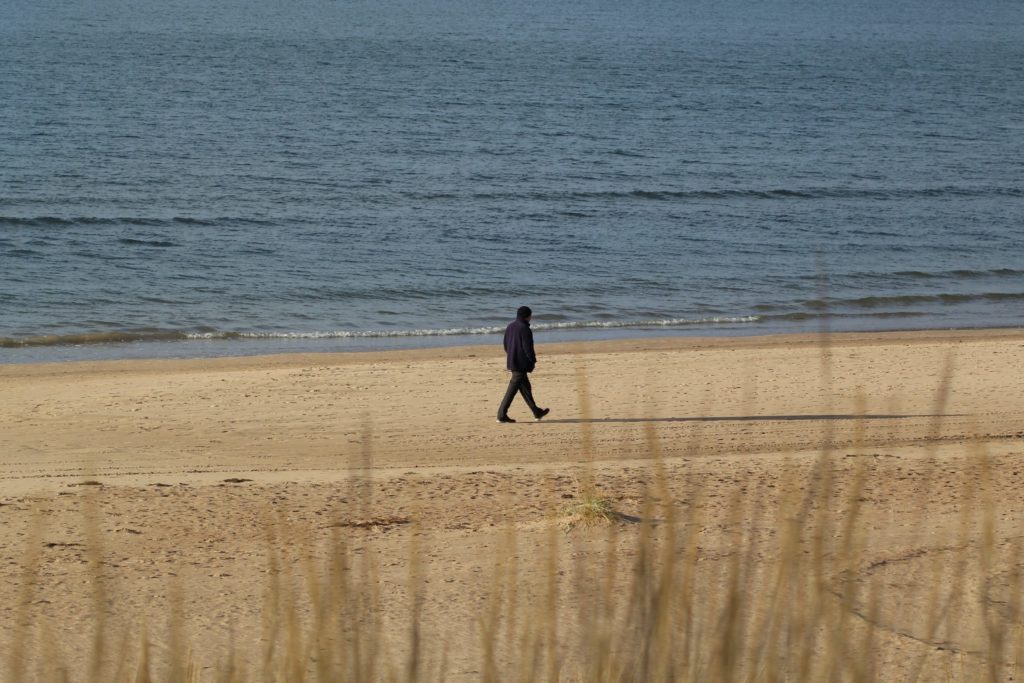
While thinking can certainly take place when a person is physically stationary, it is more fitting for it to happen when he is in motion. Discursive thought is a motion from one point to another.
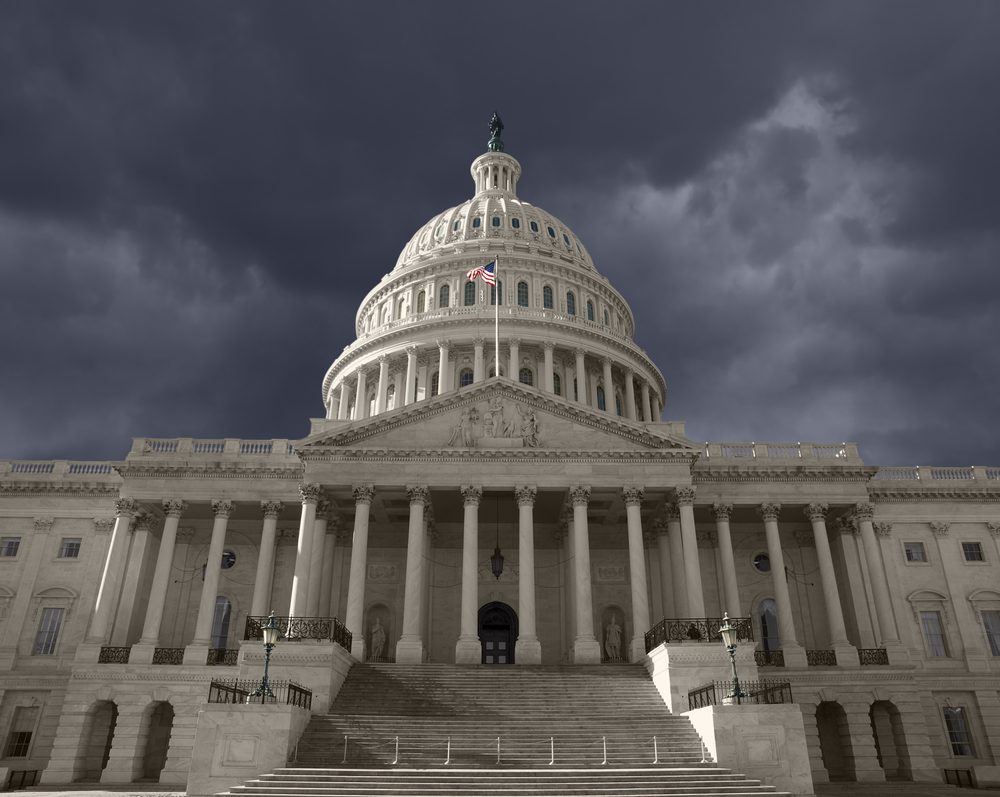
A fiscal crisis would force U.S. Congress into unchartered territory. Never in modern history has this legislative body been forced to be austere with its resources. Tax cuts do not work anymore, and you cannot cut taxes when your creditors are running away from your debt. There are only two options: spending cuts, or tax hikes.

Germany’s disaster management officials examined what a major disruption of natural gas supply would entail and the results are chilling.

Moldova, Romania, and Hungary are welcoming Ukrainian refugees but, if the situation continues for long, tensions could come to the fore.

The ages-old concept of the balance of power is supposedly understood by every international relations student. However, preoccupied with the ideas of globalism, American and European leaders often forget to take it into account when forming their policies.
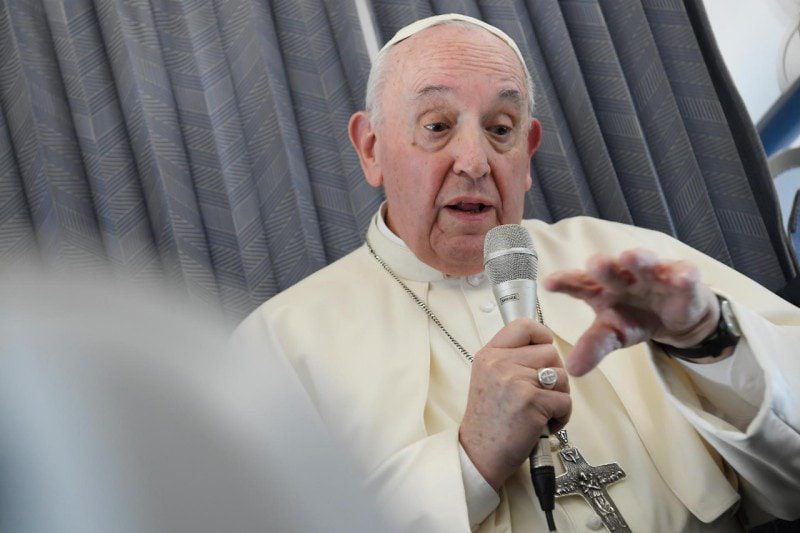
Pope Francis’ comments on the anachronistic and watered-down secularism of the modern EU suggest that the globalization of liberal ideology is little more than a form of ‘ideological colonisation’ that neither respects the cultural particularity of individual nations nor protects the openness of the public sphere to the worship of God.
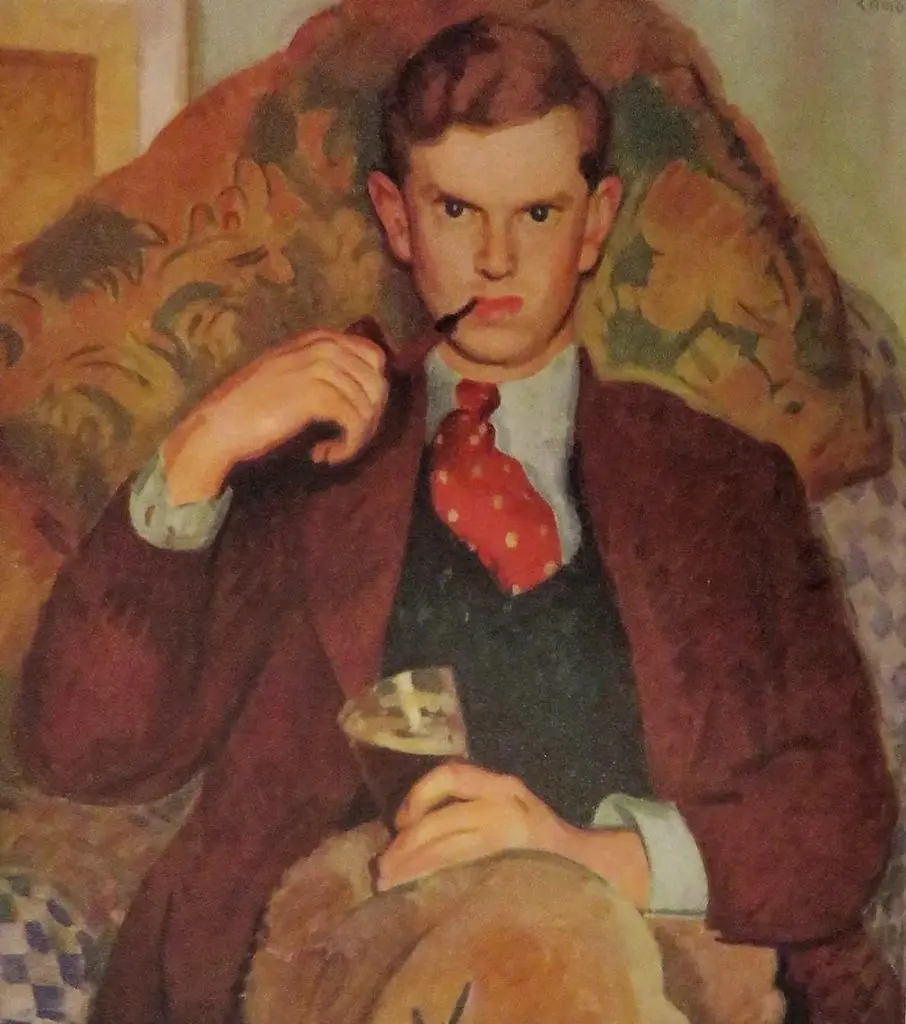
Nobody could escape the merciless nature of Waugh’s satirical wit, but he was more than a mere humourist. Alongside his gift for comedy, he also possessed an awareness of a fateful void in the modern world.
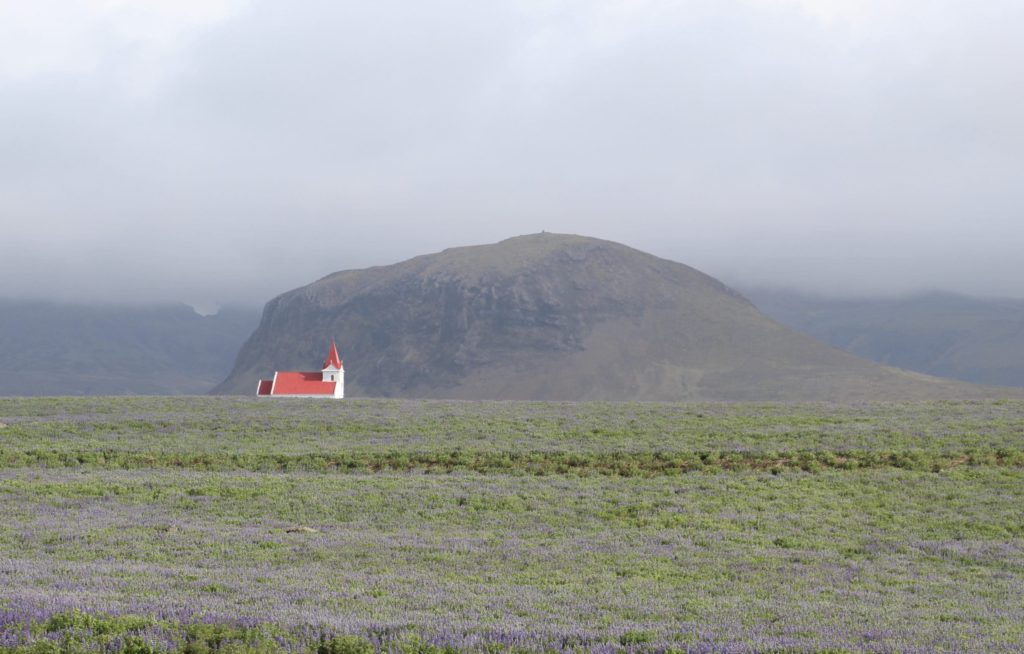
It is a well-known oral tradition around the Olafsvik-Rif-Hellissandur maritime region that Columbus visited Iceland and stayed at the farm at Ingjaldsholl during the winter of 1477 to 1478, likely arriving sometime in the early autumn and leaving in late spring.
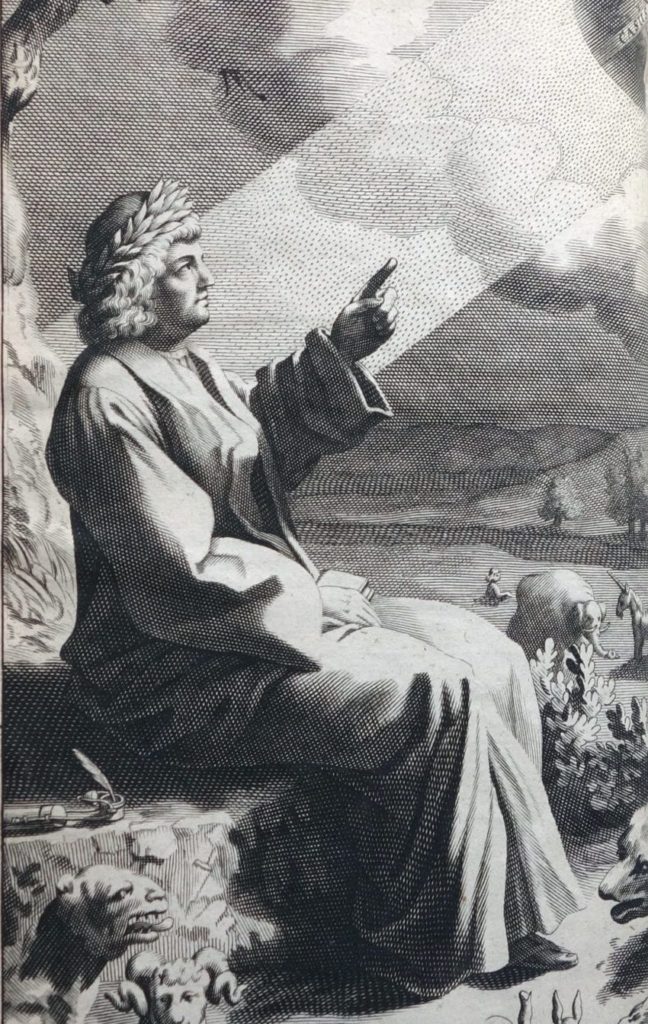
This world, as it figures in Lucretius’ magnum opus, is of Epicurean make. It is a world denuded of divine influence, reduced to a drab and tranquil steadiness. Its substantial uniformity also foreshadows, to an uncanny degree, the empirical emptiness of modernity.
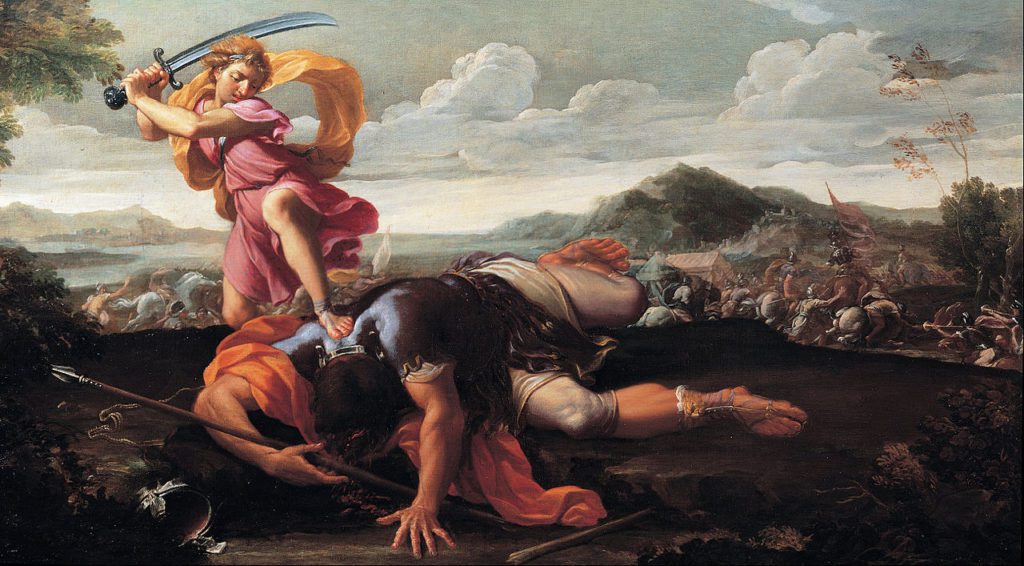
Tradition tells us that giants are born from fallen angels joining themselves to willing humans, and that even after these are slain, their specters may yet demand sacrifice. We are still facing giants today, as well as the ghosts they leave behind, and may learn something from those ancient tales.

Animated by faith and patriotism and buoyed by an unkillable sense of humor, Ukrainians are thus far shocking the world by their steadfastness in the face of Russian aggression.
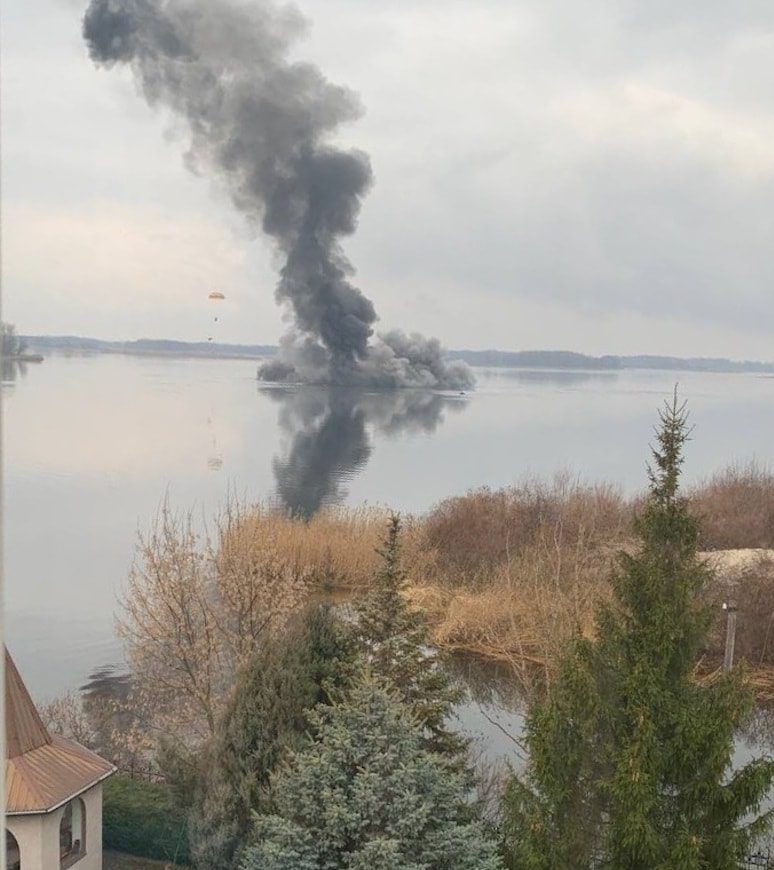
As I am writing these words, I can hear a battle raging on the other side of the Kyiv Sea. The worst thing about living close to the front line is not knowing where the next missile will land, but we are determined to carry on with our lives for as long as possible.